The first session of the Intergovernmental Negotiating Committee on Plastics Pollution (INC-1) in Uruguay in 2022, and the second session (INC-2) in Paris in May-June 2023, began work towards a global United Nations (UN) treaty to minimise plastic pollution. As negotiations continue with the third session (INC-3) in Nairobi in November 2023, work remains in coming to an agreement that covers the whole life cycle of plastics and satisfies the needs of small island developing states (SIDS), which are particularly affected by this pollution.
To keep up momentum towards the treaty, on Wednesday October 12th Economist Impact convened a roundtable discussion and working group to examine progress, establish what SIDS need from a plastics treaty and ask how they can be supported in negotiations and implementation. Held as part of the Global Plastics Summit in Bangkok, the event was supported by the Nippon Foundation in association with the Back to Blue Initiative, and took place under the Chatham House Rule to encourage frank debate.
Though they do not produce plastic or products packaged in it, SIDS do import and consume plastic, and have little space for landfill disposal. Meanwhile, plastics from larger countries wash into the ocean and onto their shores. The SIDS are individually small, but together they are a formidable presence at the UN and can influence treaty negotiations so their interests are considered.
“The SIDS are individually small, but together they are a formidable presence at the UN.”
Delegates from SIDS began the day with a roundtable conversation along with academic experts and leaders from non-governmental organisations. Participants shared an understanding of what is needed from a treaty, so in his capacity as moderator, Charles Goddard, executive director of the Economist Group’s World Ocean Initiative and editorial director of Economist Impact, encouraged consideration of what support SIDS need in the negotiations and then in implementation.
The conversation highlighted the need for technical, legal and economic support during the negotiation process to make up for the SIDS’ small size. The population of Palau, for example, is only around 20,000 people. Britain has as many statisticians; Palau has just three. The roundtable also heard calls for the treaty to be global and enforceable, not voluntary and national like the Paris Agreement on climate change.
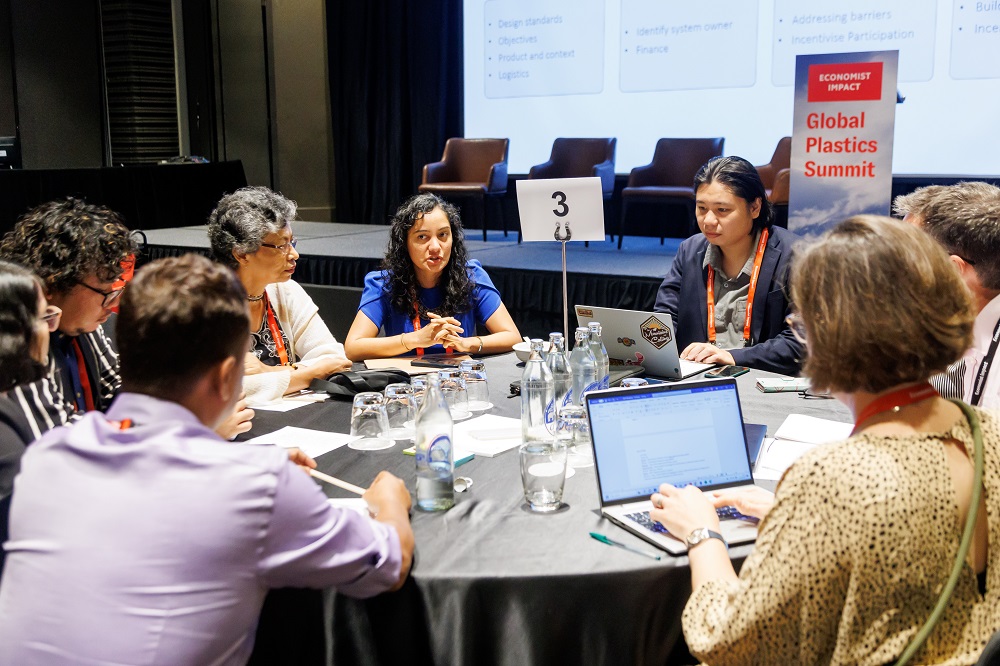
SIDS need a global plastics treaty to curb pollution
Following the roundtable discussion, the working group session “SIDS: Understanding the zero draft from an island perspective—opportunities for EPR, reuse and refill schemes” divided the audience into tables over two breakout segments to discuss policies for the reuse and refilling of plastic containers, and the design of extended producer responsibility (EPR) schemes that would see corporations and developed countries support the evolution of waste-management practices and infrastructure in SIDS. At the end of these sessions, a representative from each table presented key takeaways to the audience.
An introductory address from J. Uduch Sengebau Senior, the vice-president of Palau, posed numerous questions to stimulate discussion. What will a circular economy for plastics look like in SIDS? How can initiatives to combat plastic waste be funded? And what role will the private sector play, especially through EPR schemes?
A trio of panellists representing individual SIDS and an intergovernmental organisation then continued to set the scene. The audience heard how an initiative driven by grassroots pressure to phase out single-use plastics in one SIDS highlighted a lack of technical capacity and indicated the importance of using bilateral businessto- business and government-to-government relations to help control imports. The experience of another SIDS suggested a need for mandatory rather than voluntary regulation, as well as the desirability of reducing the production of newly made “virgin” plastics.
“Participants saw a global treaty as necessary because SIDS cannot defeat pollution at the national level.”
The effect of plastic pollution washed ashore from elsewhere in making SIDS less attractive as tourist destinations was a shared concern. Participants saw a global treaty as necessary because SIDS cannot defeat pollution at the national level.
Breakout session 1: Scaling up container reuse and refilling in the SIDS context
Four-tenths of plastic production goes into single-use packaging, which damages SIDS’ economies and environment as waste at the end of its brief life cycle. Working to reduce ocean plastic leakage by 20%, Common Seas, which partners with governments in data-gathering and planning to tackle plastic pollution, is collaborating with Economist Impact and the Global Plastics Policy Centre at the University of Portsmouth to develop a blueprint for scaling up reuse and refilling in the SIDS context. Reuse involves containers owned by operators of a system such as a restaurant chain or beverage brand, while refilling covers vessels owned by end users, such as personal drink bottles or tiffin boxes for carrying meals.
Jo Royle, the founder of Common Seas, set breakout groups the task of codesigning the blueprint by helping to prioritise four elements: system scoping (establishing design standards, goals and context), empowering businesses to move towards reuse, engaging people in behaviour change, and establishing reuseenabling policies.
After around 30 minutes of discussion, tables came back with their proposals and reflections. The first to report described becoming bogged down in the problems. But it had agreed that incentives for reusing containers were better motivators than penalties for not doing so. Another table suggested that incentives for reuse and refilling should empower people and encourage local economic growth. This resonated with another takeaway that no one-size-fits-all solution will work across SIDS. Nevertheless, global standards could be adapted into national policies.
“Incentives for reuse and refilling should empower people and encourage local economic growth.”
To continue reading
EXPLORE MORE CONTENT ABOUT THE OCEAN
THANK YOU
Thank you for your interest in Back to Blue, please feel free to explore our content.
CONTACT THE BACK TO BLUE TEAM
If you would like to co-design the Back to Blue roadmap or have feedback on content, events, editorial or media-related feedback, please fill out the form below. Thank you.










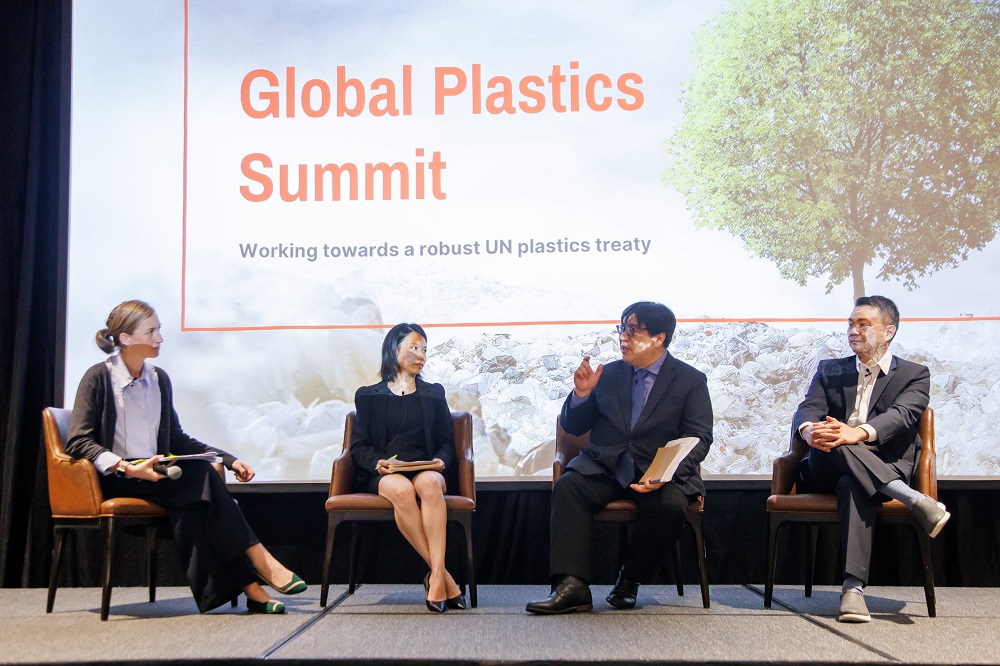
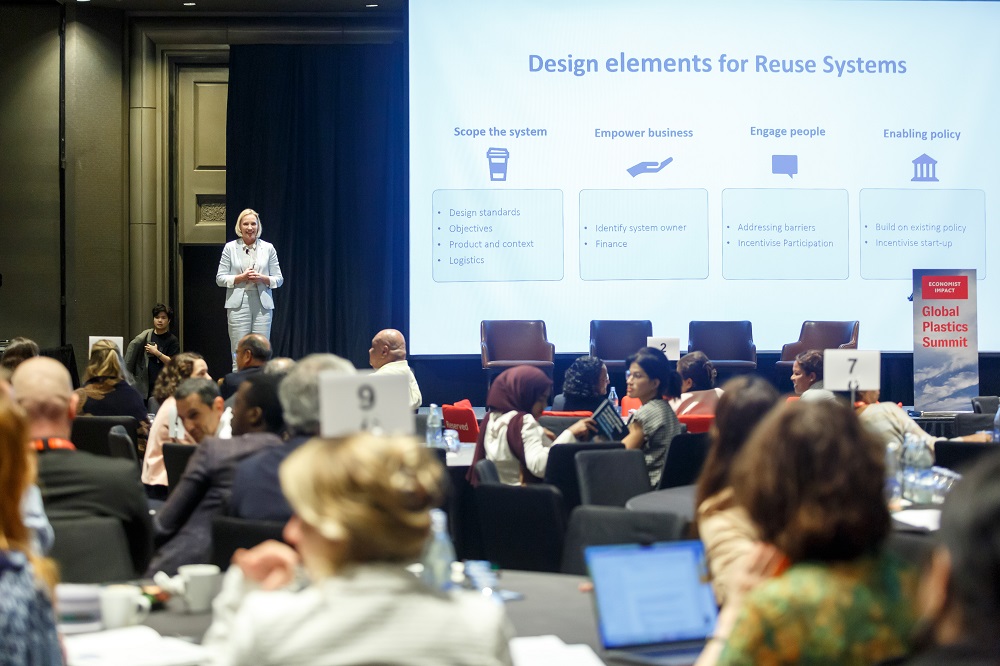
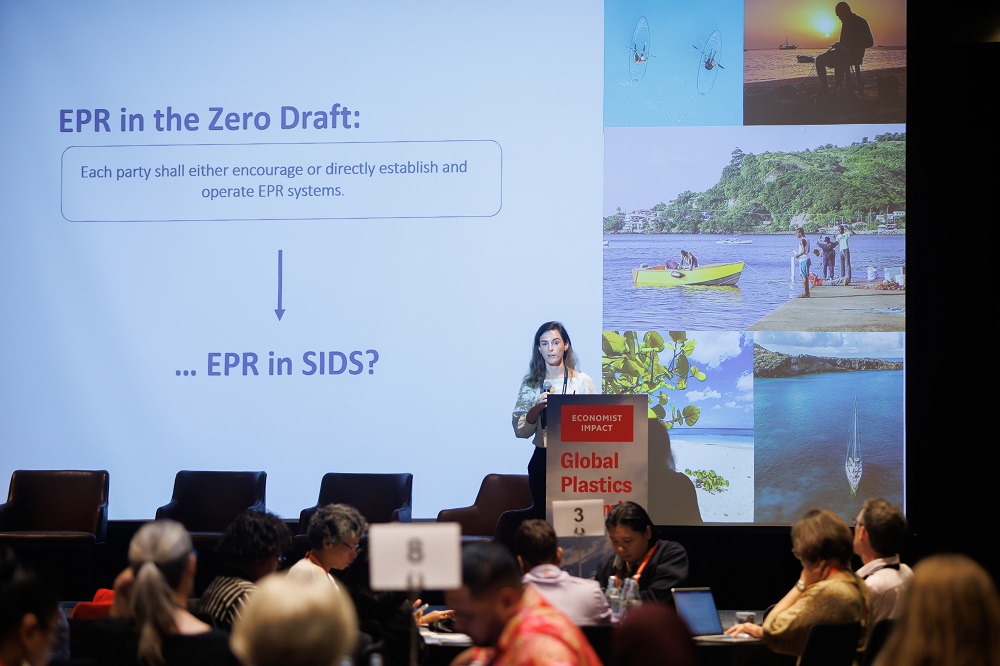
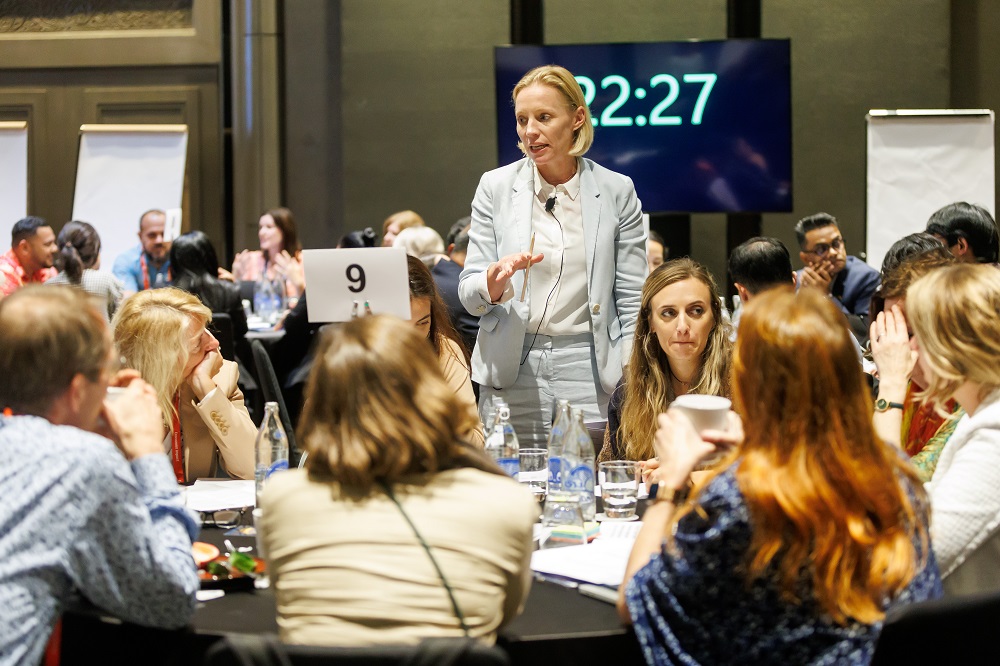
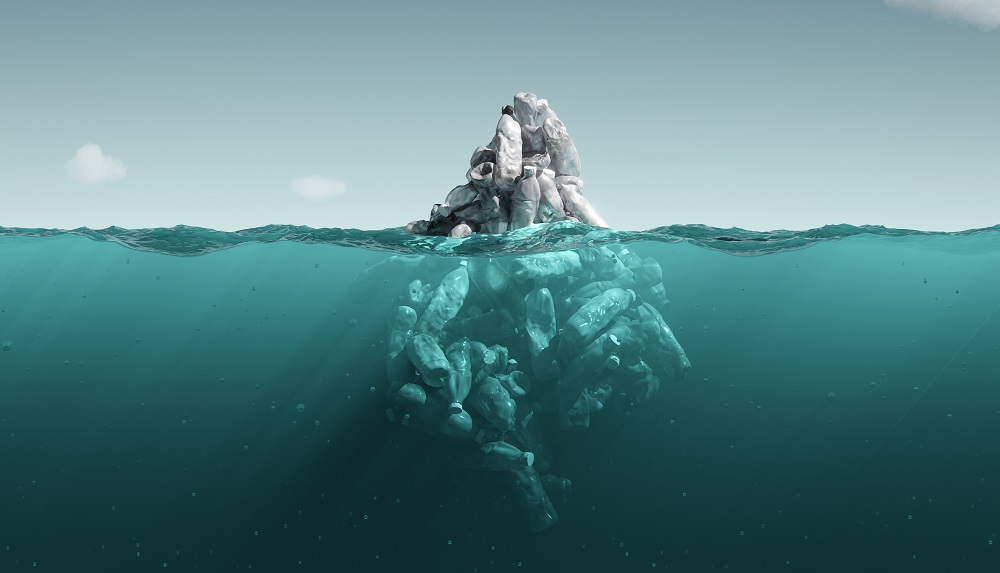
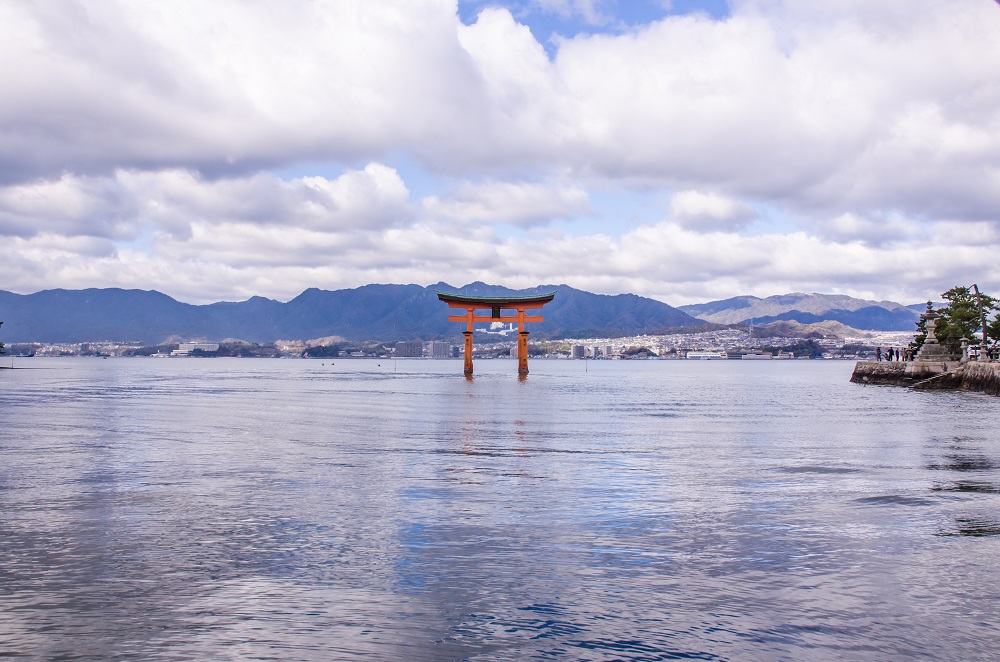
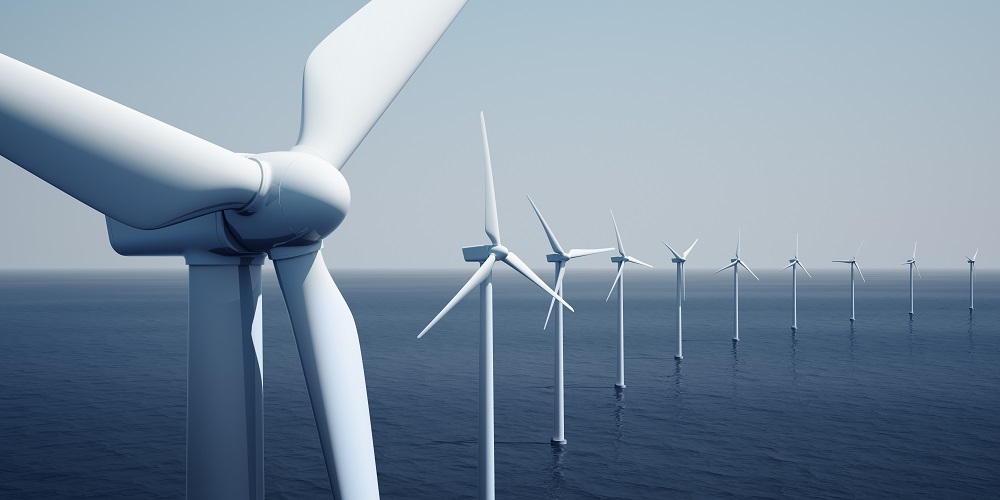
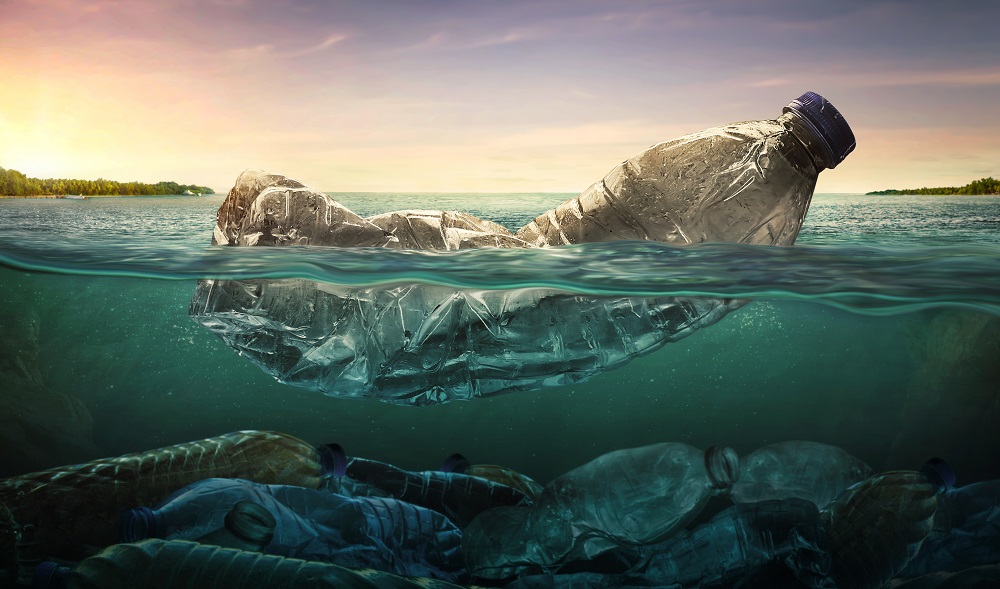
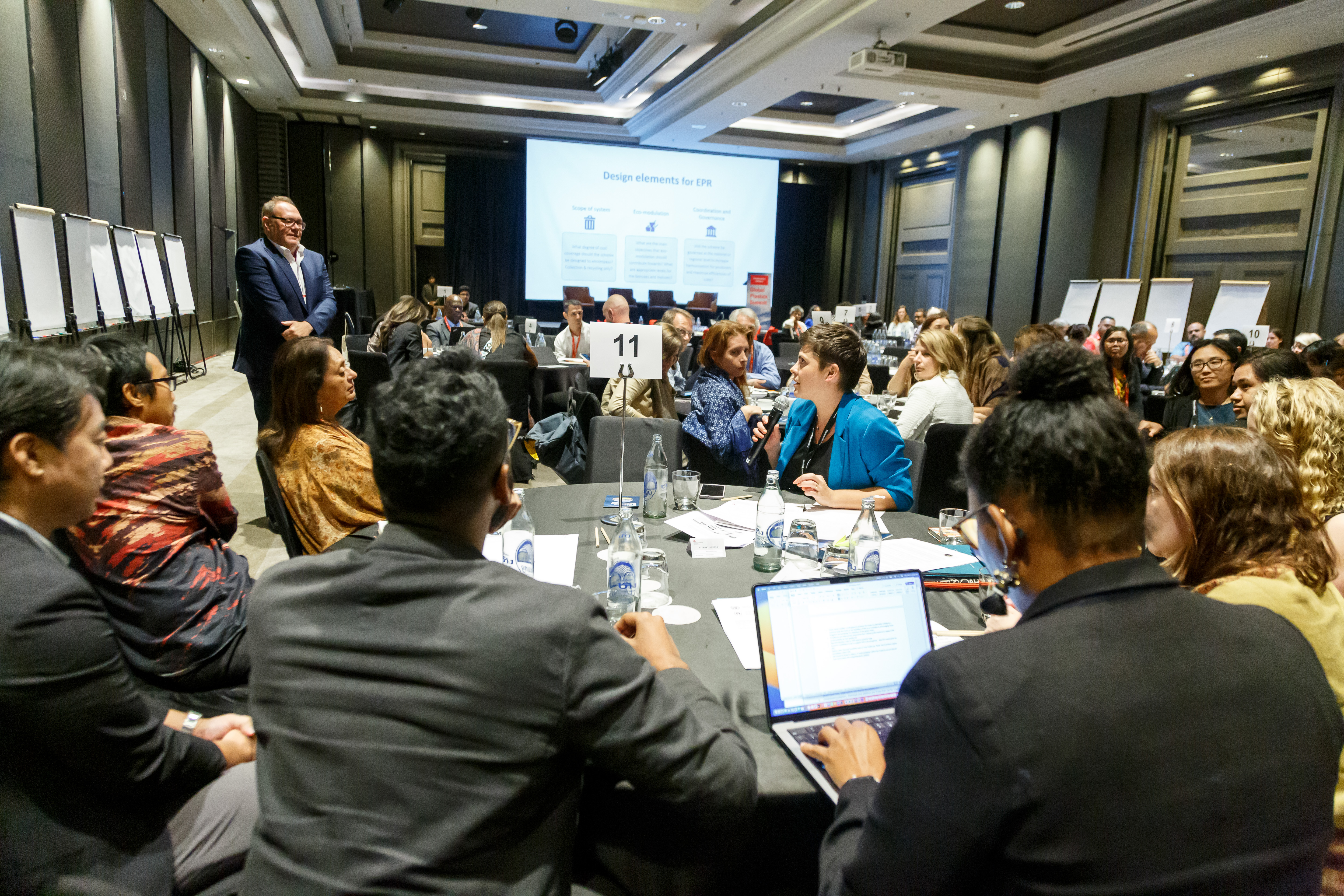


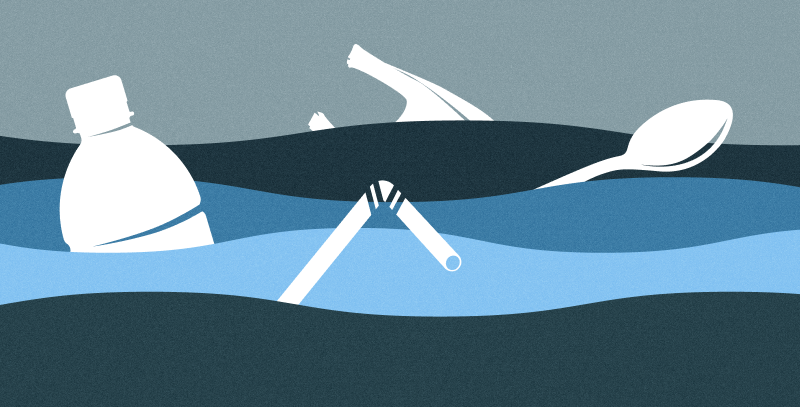
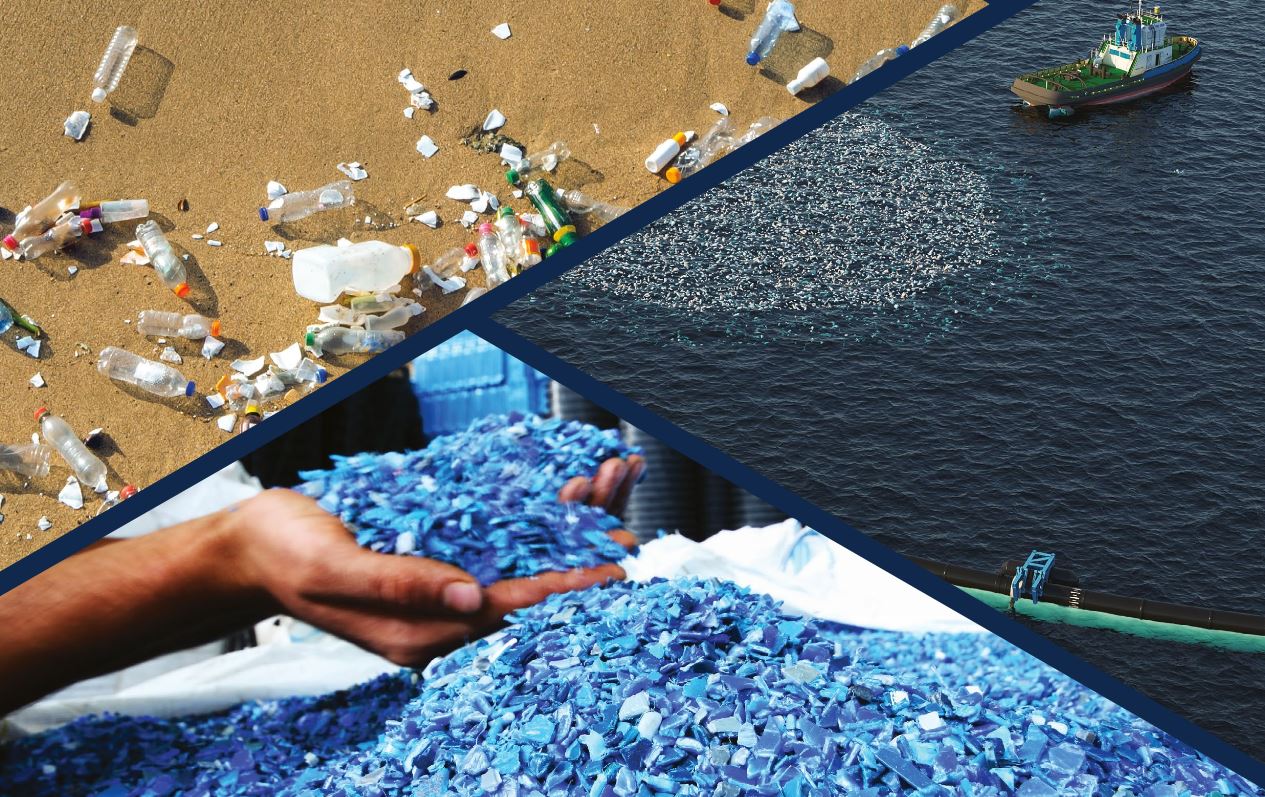
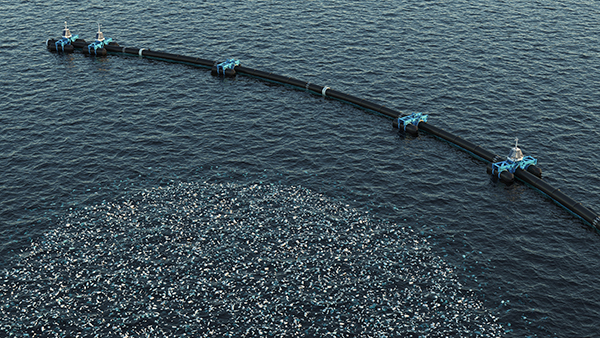
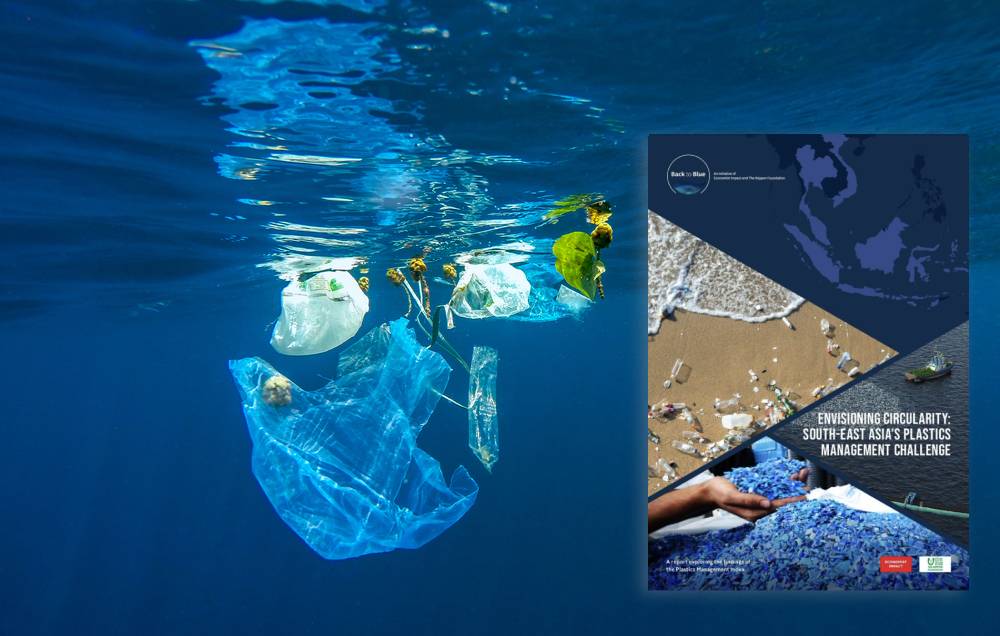

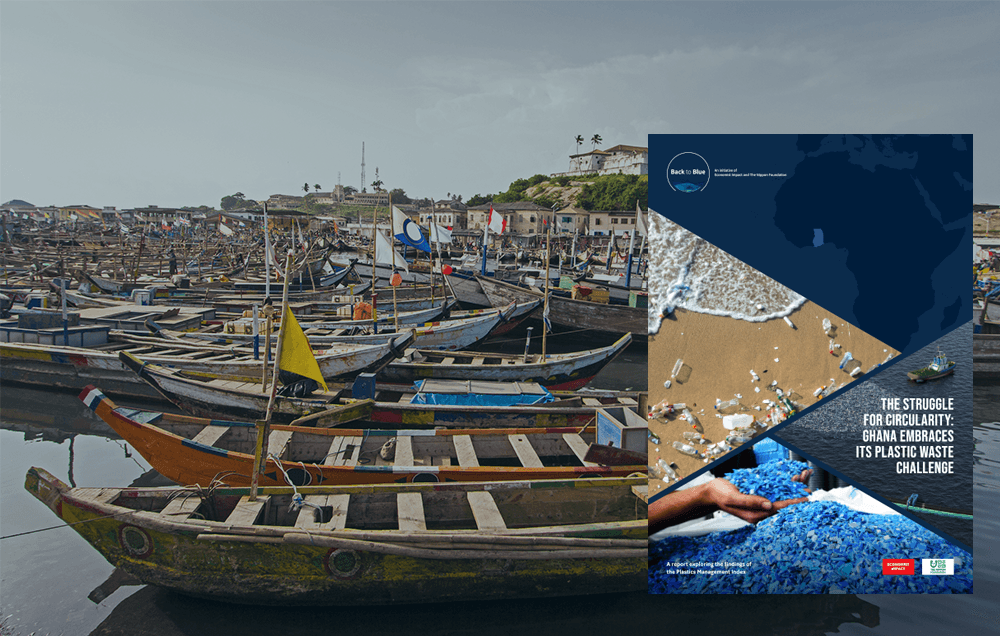

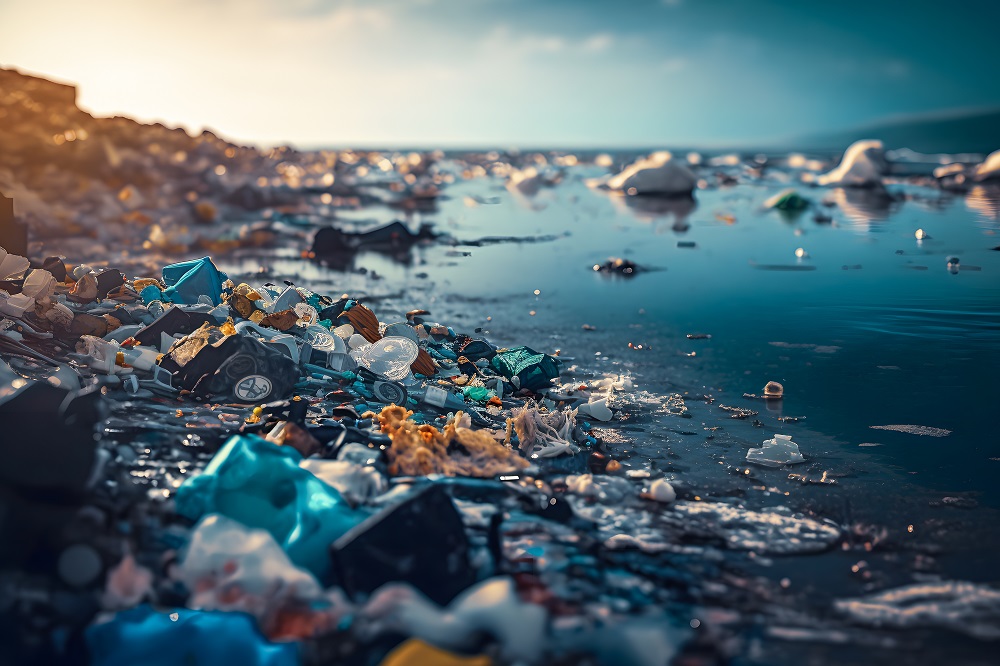
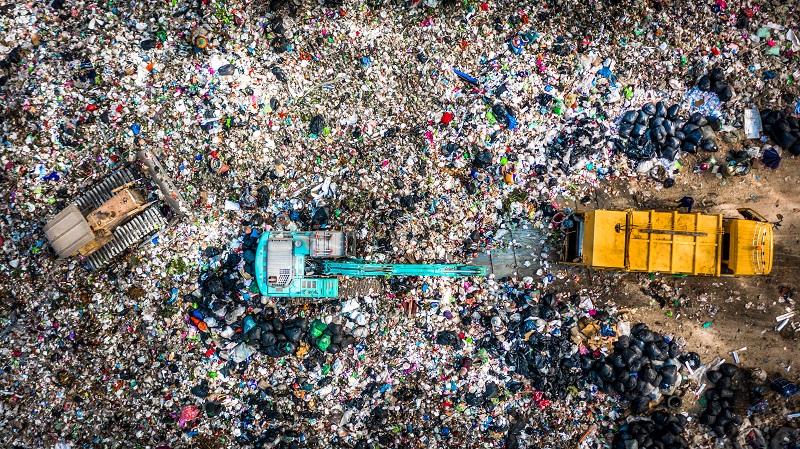
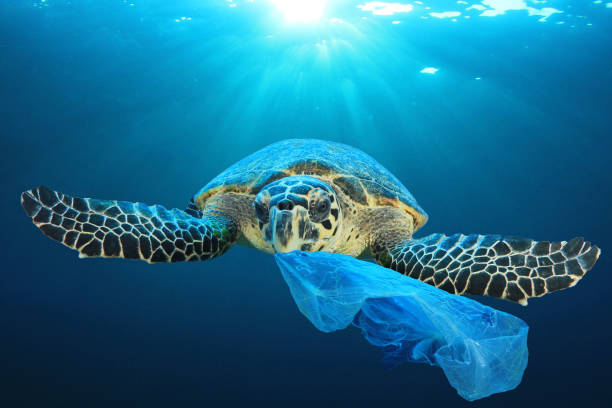
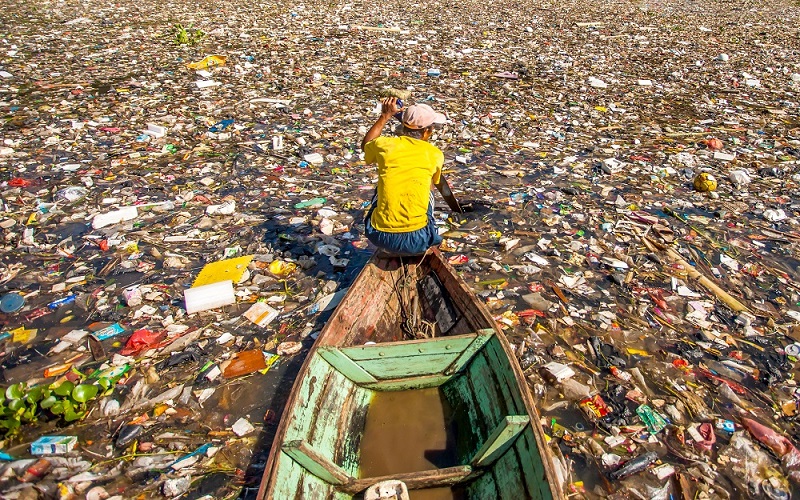
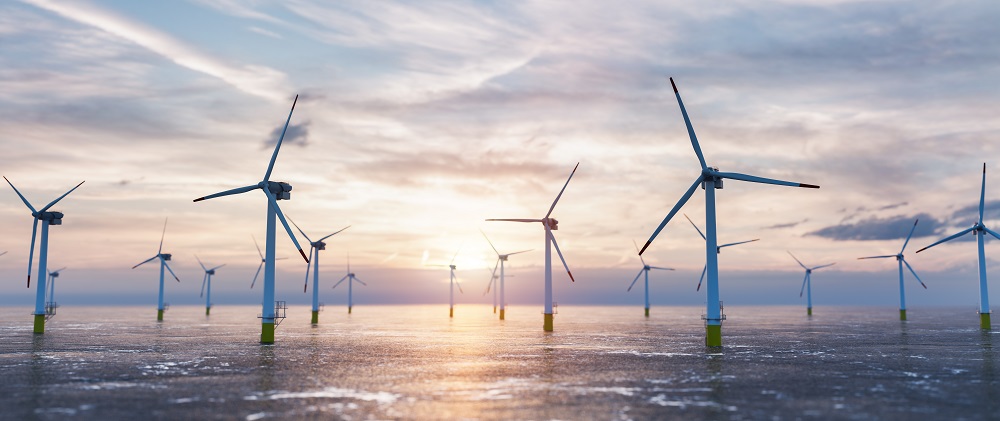 Affiliated contentWhy Offshore Wind Needs Looking After
Affiliated contentWhy Offshore Wind Needs Looking After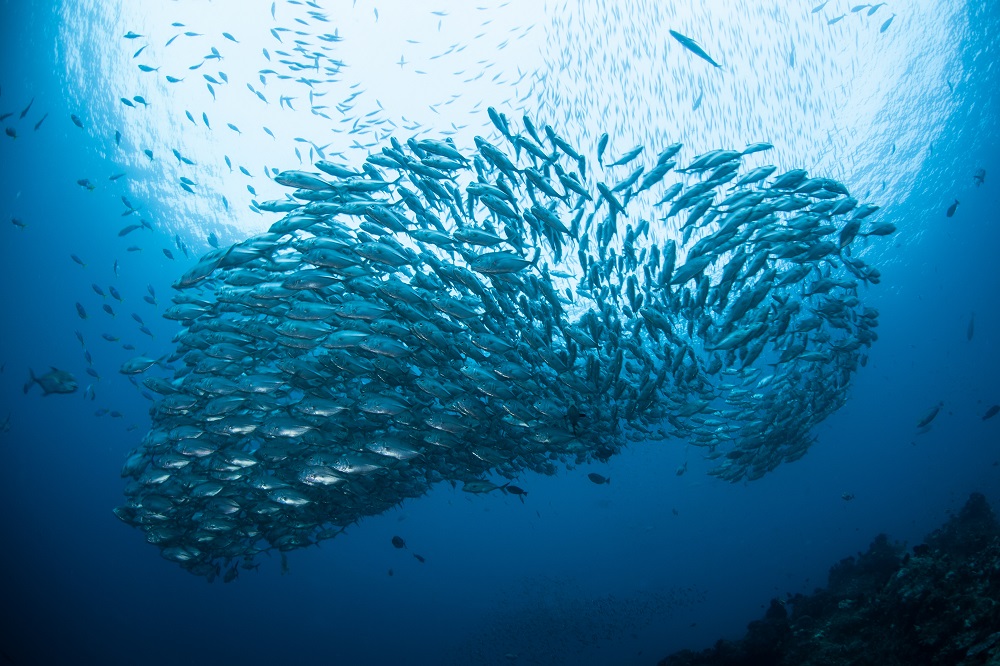 Affiliated contentA global initiative to boost commitment on tackling ocean acidification ">
Affiliated contentA global initiative to boost commitment on tackling ocean acidification ">